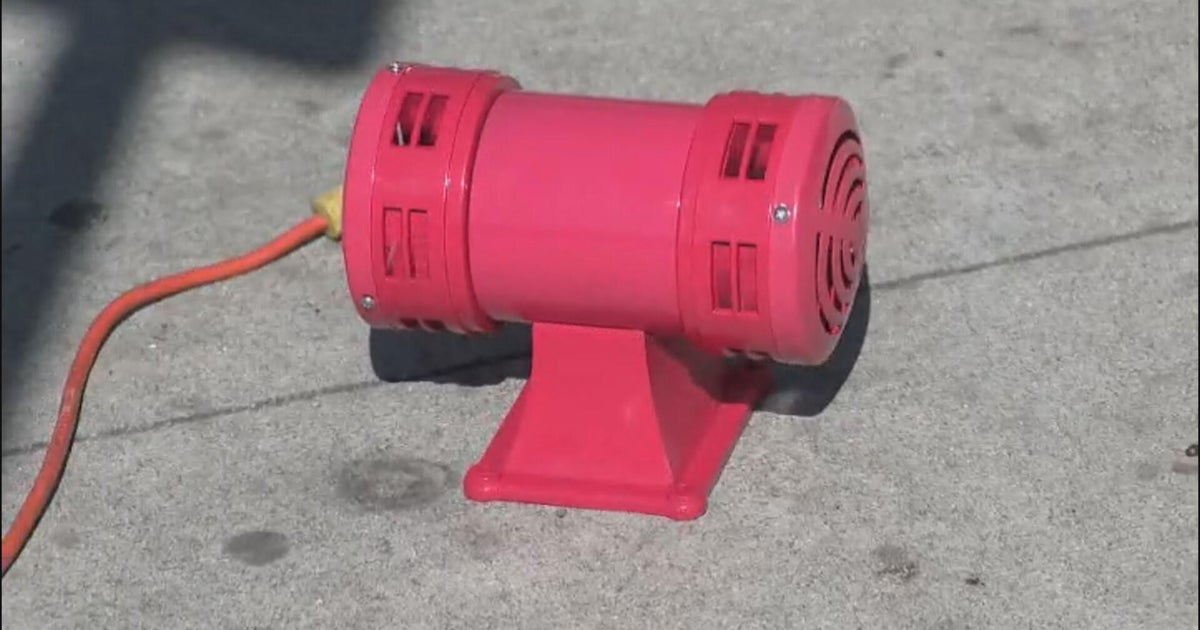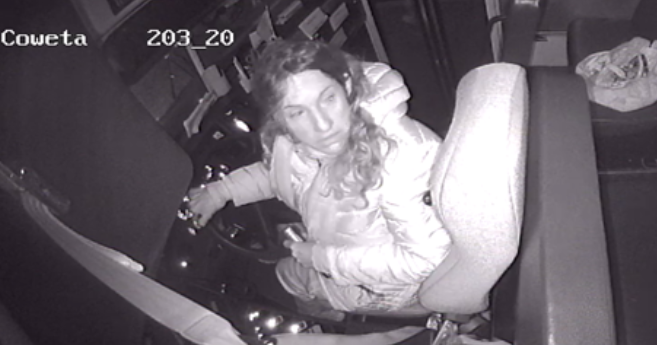Coyote Sightings On The Rise
CHICAGO (CBS) -- Local residents were being warned to keep their pets on a tight leash, as coyotes are out in bigger numbers, and acting more aggressively, likely due to their mating season.
CBS 2's Brad Edwards reports the latest sighting was in the Hyde Park neighborhood, where two coyotes were spotted early Wednesday.
Officials said there might be a couple thousand coyotes living in the Chicago area, and there are warnings many of them have become emboldened in recent weeks.
University of Chicago student Ivan Pyzow saw two coyotes gallivanting near the university campus last month.
"My friend and I were just sitting on the hill, and we saw these two – what looked like huge dogs – running by, and we thought 'Are those coyotes? Or wolves?' We thought they were wolves, or something, and we weren't sure what they were," he said. "We sort of backed away as slow as we could. Yeah, it was crazy."
Cook County Forest Preserve District naturalist Don Parker said there's no reason to have an excessive fear of coyotes.
"They're generally pretty wary of humans, so they're going to do their best to avoid us as much as they can," he said.
Parker said the problem with some coyotes, is they become "habituated" to humans, when people feed them or attempt to befriend them.
"The best thing they can do is to treat coyotes as wild animals, and respect them, and enjoy them from a distance," he said.
In west suburban Wheaton, officials have warned residents that coyotes typically mate in February or early spring, and might be more visible.
"It is especially important to keep pets on a leash during this time," they warned.
If you spot a coyote, Parker said the best thing to do is not to back away like Pyzow and his friend. Instead, if a coyote gets too close for comfort, Parker said "the best thing to do is look big, put your arms over your head, yell. If you want to throw something at it, that's fine."
Whatever you do, don't feed coyotes. They are a part of the same species as dogs, but they are not domesticated pets.







